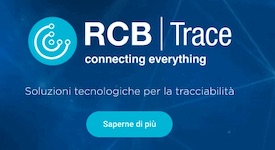Photo: STADLER
The possibilities of improving production efficiency through the development of faster, safer and more precise systems make industrial automation a particularly sought-after and necessary discipline for corporate business: nowadays, activities automated by robots and machinery are always more numerous and some are now indispensable.
Definition of Industrial Automation:
When we talk about industrial automation, we generally refer to the set of technologies and systems capable of managing industrial machinery, production lines or warehouses in an intelligent way. This means, for example, programming a physical machine to perform an automated action in total autonomy.
Part of the meaning of industrial automation is found in the concept of robotics, a branch of automation that involves the execution of a job through special automatic systems, or robots, capable of replacing human activity in the best possible way. In this sense, industrial robotic automation provides for a faster, safer and more efficient performance of some specific activities, such as:
- Integrated logistics and warehouse management.
- Repetitive and prolonged operations, to avoid the risk of interruptions or anomalies.
- Actions with high speed, power or precision that humans cannot perform.
- Dangerous or harmful tasks for the worker, both in the short and long term.
For the automation of an industrial machine, a production line, or a logistics center, a Programmable Logic Controller is often used that is able to record operating data, time processes, generate alarms for malfunctions or breakdowns.
Management, automatic control and efficiency of industrial waste recycling machines and systems
Do you want to highlight your services? Contact us!

